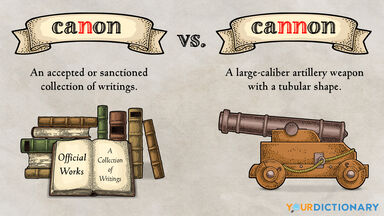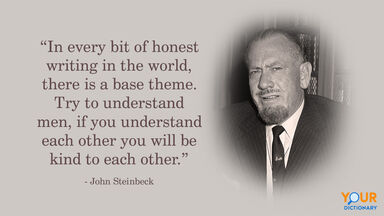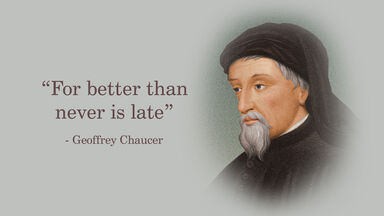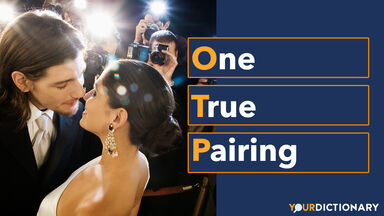All these set forth in their symbolical books the supreme place of Scripture, accepting the position which Zwingli laid down in 1536 in The First Helvetic Confession, namely, that "Canonic Scripture, the Word of God, given by the Holy Spirit and set forth to the world by the Prophets and Apostles, the most perfect and ancient of all philosophies, alone contains perfectly all piety and the whole rule of life."
In place of logic we find canonic, the theory of the three tests of truth and reality.
It is divided, according to the usual fashion of the Epicureans, into logic (which, with Gassendi as with Epicurus, is truly canonic), physics and ethics.
How do certain types and works of music enter the canonic repertory, but others fail?





